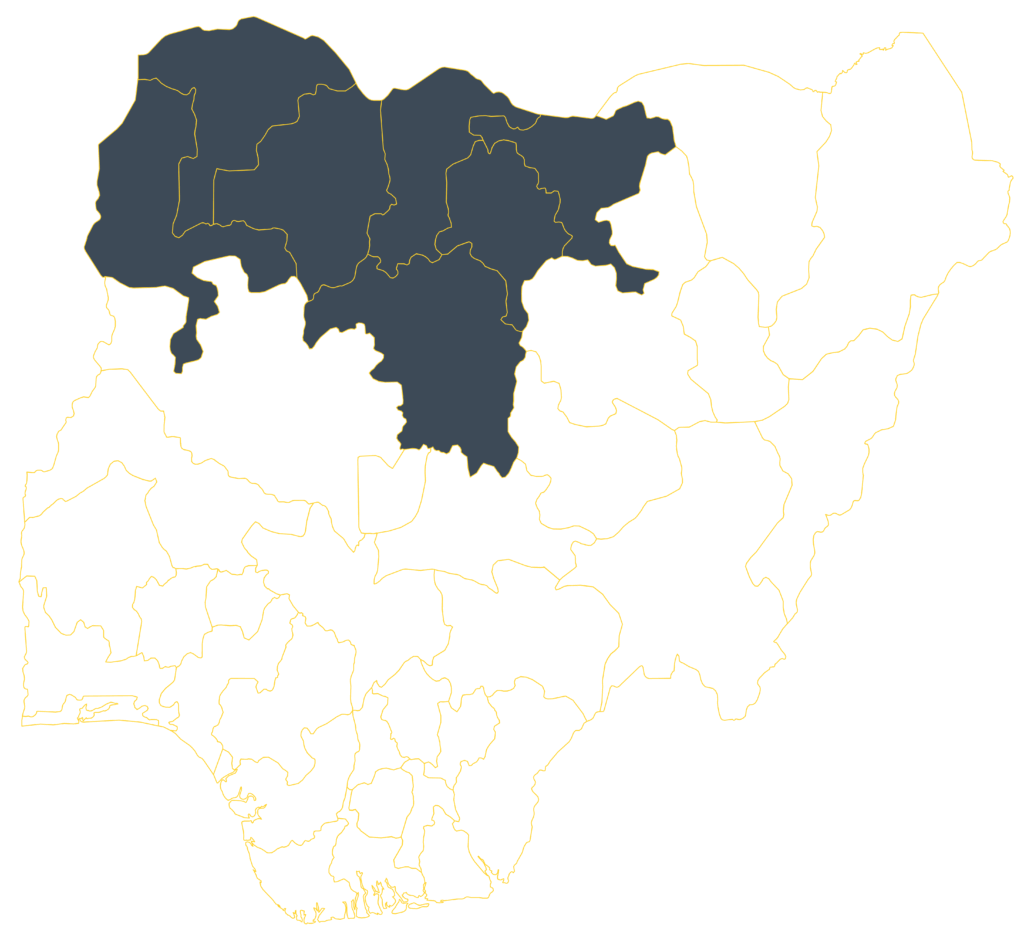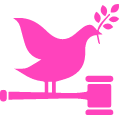NIGERIA
BACKGROUND AND CONTEXT
Nigeria has faced violent insurgencies for decades, ranking 6th on the 2025 Global Terrorism Index and accounting for 6% of global terrorism deaths in 2023. Since 2007, over 11,000 people have been killed, with millions more displaced. These insurgencies, especially in the North-East, North-Central and North-West, have severely impacted Nigeria’s local, state, and national socioeconomic fabric.
In Nigeria, key drivers of violent extremism include limited trust in the government, security forces and the justice system, limited socio-economic opportunities and religious conflicts. GCERF began investing in the country in 2016 and till date USD 11.75 million has been invested to address these drivers of violent extremism.
OUR INVESTMENT STRATEGY IN NIGERIA
GCERF’s investment strategy outlines a comprehensive approach to address the drivers of violent extremism and guides civil society organisations in designing their programmes.
GCERF funds programmes that:
Support local peacebuilding and conflict resolution initiatives to help address root causes of tension before they escalate into violence, reducing the likelihood of communities turning to extremist groups for protection or justice
Facilitate inter-communal dialogue platforms to strengthen trust and understanding between diverse groups, making communities more resilient to divisive narratives often used by violent extremist groups
Engage youth, women, religious and traditional leaders and authorities to ensure inclusive community participation and empower local voices to counter radicalisation and promote peaceful coexistence
KEY FIGURES
(cumulative from 2016 to March 2025)
AREAS WHERE WE WORK
Kano, Kaduna, Katsina, Sokoto, Jigawa, Kebbi, Zamfara

Newsletter

Sustainable Development Goals

Peace, Justice & Strong Institution
No Poverty

Quality Education

Gender Equality

Decent Work & Economic Growth

Reduced Inequalities

